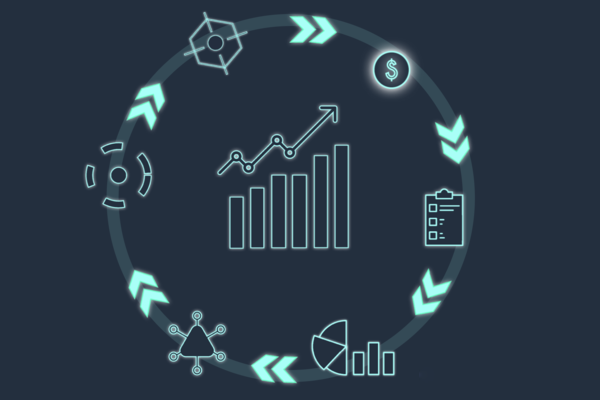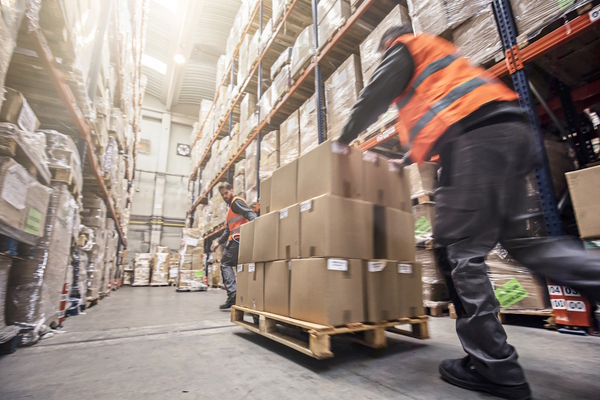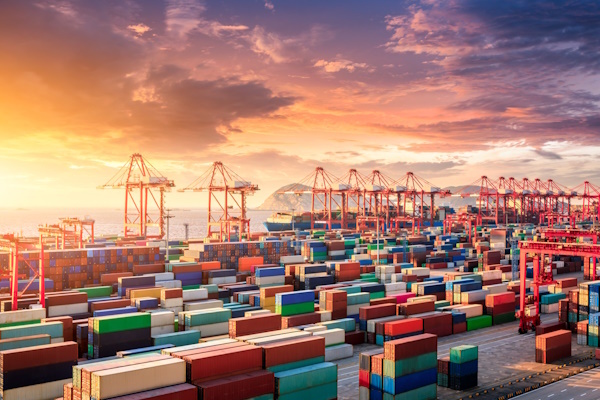SupplyChainTalk: Red flags in your Supply Chain - identifying and mitigating risk
On 21 June 2023, Supply Chain Talk host Alastair Charatan was joined Abdelrahman Ibrahim Mostafa, Supply Chain Manager, Procter & Gamble; and Prof. Dr. Md. Mamun Habib, Professor, Independent University Bangladesh and University of Texas.
Views on news
The U.S. government is funding an initiative to map the global supply chain network and predict vulnerabilities early enough for mitigation.
It has been found that by adding modern analytics, the ability to predict shocks to the supply chain increases to within a few percent points of accuracy. Accuracy of available data varies across continents. In Asia, for example, it’s rather low. However, even when relying on big data, the task of mapping out a supply chain down to its lowest tiers seems almost impossible.
The tactical red flags
The first red flag that comes to mind is multiple sources of truth. Availability and quality of data is another major setback. Tactical red flags, however, have implications regarding the strategic red flags as well, but cross-functional teams including retailing, factory and accounting can more easily detect and manage potential risks. Visibility and real time data can help manage risks in multiple ways.
There are three major areas where this data can be leveraged: inventory management, where it can enhance responsiveness and agility; procurement, where data informs the moving of goods between various locations; and demand planning. End-to-end visibility requires an integrated, end-to-end information technology system.
Technological investments in supply chain visibility are probably the most effective paths to reducing the number of red flags. International digital talent pools mean that finding the right supply chain experts is easier than before.
Also, career paths in supply chain management are now more actively advertised among university graduates than previously. It’s expected that in 10 years’ time the business world will be dominated by supply chain professionals and even CEOs need to have a deeper understanding of the field. Traditionally, procurement and supply chain reported to different managers. But now the two functions seem to go hand in hand.
The panel’s advice
Procurement impacts the remaining part of supply chain management, so it stands to reason that the two functions report to the same person.

Business Reporter Team
You may also like
Most Viewed
Winston House, 3rd Floor, Units 306-309, 2-4 Dollis Park, London, N3 1HF
23-29 Hendon Lane, London, N3 1RT
020 8349 4363
© 2025, Lyonsdown Limited. Business Reporter® is a registered trademark of Lyonsdown Ltd. VAT registration number: 830519543




